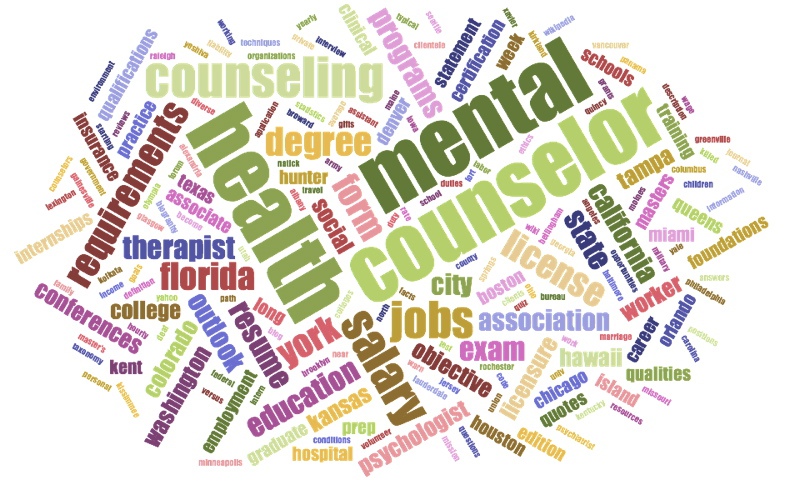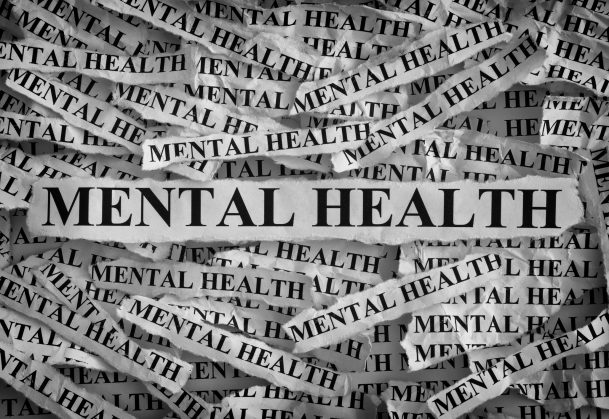Individuals can experience different kinds of psychological diseases or conditions, and they can typically occur at the very same time. Mental disorders can occur over a short time period or be episodic. This means that the mental disorder reoccurs with discrete beginnings and ends. Psychological health problem can likewise be continuous or long-lasting.
A few of the main types of mental disorder and disorders are listed below; however, this list is not extensive. People with stress and anxiety conditions react to specific things or situations with fear and dread or horror. Anxiety conditions include generalized stress and anxiety disorder, social stress and anxiety, panic attack, and fears. Attention-deficit/hyperactivity condition (ADHD) is one of the most common childhood psychological conditions.
People diagnosed with ADHD may have difficulty paying attention, managing spontaneous habits (may act without considering what the outcome will be), or be extremely active. Behavioral conditions involve a pattern of disruptive behaviors in kids that last for a minimum of 6 months and trigger issues in school, in your home, and in social situations.
While tiffs prevail, and typically pass in a brief period, individuals suffering from state of mind disorders live with more continuous and severe symptoms. Individuals living with this psychological illness find that their state of mind impacts both mental and mental wellness, almost every day, and typically for much of the day.
With correct medical diagnosis and treatment, many of those coping with state of mind disorders lead healthy, regular and efficient lives. If left without treatment, this disease can impact function performance, quality of life and many long-lasting physical illness such as diabetes and heart illness. Consuming disorders involve compulsive and sometimes distressing thoughts and habits, including Reduction of food consumption Overindulging Feelings of anxiety or distress Concern about weight, body shape, bad self-image Common types of consuming disorders consist of anorexia, bulimia, and binge consuming.
Character disorders include antisocial personality disorder and borderline personality disorder. An individual can get PTSD after enduring or seeing a traumatic occasion, such as war, a cyclone, physical abuse, or a severe mishap. PTSD can make somebody feel stressed and scared after the risk is over. People with PTSD may experience signs like reliving the event over and over, sleep issues, become extremely upset if something causes memories of the event, constantly searching for possible risks, and modifications in feelings like irritation, outbursts, vulnerability, or sensations of pins and needles (what is a community mental health center).

Fascination About Why Mental Health Should Not Be Taught In Schools
They might also show indications of disorganized thinking, confused speech, and muddled or irregular motor habits. An example of a psychotic condition is schizophrenia. People with schizophrenia may also have low inspiration and blunted feelings. Substance use disorders take place when frequent or repeated usage of alcohol and/or drugs triggers substantial problems, such as health problems, disability, and failure to meet major duties at work, school, or home.
Examples include intoxicated driving casualties and drug overdoses. Mental illnesses and compound utilize conditions frequently take place together. Sometimes one disorder can be a contributing aspect to or can make the other worse. Sometimes they just happen at the exact same time.
Mental health refers to cognitive, behavioral, and psychological well-being (what does a mental health technician do). It is all about how individuals believe, feel, and behave. People often utilize the term "psychological health" to suggest the lack of a mental condition. Psychological health can affect day-to-day living, relationships, and physical health. Nevertheless, this link likewise operates in the other instructions.
Caring for mental health can protect a person's capability to enjoy life. Doing this includes reaching a balance in between life activities, duties, and efforts to attain psychological durability. Conditions such as stress, depression, and anxiety can all impact psychological health and disrupt an individual's regimen. what does a case manager do in mental health. Although the term mental health is in common use, lots of conditions that doctors recognize as psychological conditions have physical roots.
We also describe the most typical types of psychological conditions, including their early signs and how to treat them. Psychological health conditions are one of the leading reasons for special needs in the U.S.According to the World Health Organization (WHO): "Mental health is a state of wellness in which an individual realizes his/her own capabilities, can cope with the typical tensions of life, can work productively, and has the ability to make a contribution to his/her community." The WHO stress that psychological health is "more than just the absence of psychological disorders or impairments." Peak mental health has to do with not just avoiding active conditions but also taking care of continuous health and happiness.
In the United States, the National Alliance on Mental Illness estimate that almost 1 in 5 adults experience mental health issue each year. In 2017, an approximated 11.2 million grownups in the U.S., or about 4.5% of grownups, had a severe mental condition, according to the National Institute of Mental Health (NIMH). Everybody has some risk of establishing a mental health condition, no matter their age, sex, earnings, or ethnic culture.
The Definitive Guide to What Mental Health Doctors Can Prescribe Medication

and much of the industrialized world, mental disorders are among the leading causes of disability. Social and monetary circumstances, biological aspects, and lifestyle choices can all form an individual's psychological health. A big percentage of people with a psychological health disorder have more than one condition at a time.
The list below elements may contribute to psychological health disruptions. Having limited monetary ways or coming from a marginalized or persecuted ethnic group can increase the risk of psychological health conditions. A 2015 research study of 903 households in Iran recognized numerous socioeconomic causes of psychological health conditions, consisting of poverty and living on the borders of a large city.
Flexible factors for mental health disorders consist of: socioeconomic conditions, such whether work is readily available in the regional areaoccupationa person's level of social involvementeducationhousing qualityNonmodifiable aspects consist of: The research study notes gender as both a flexible and nonmodifiable element. The researchers found that being female increased the threat of low mental health status Click to find out more by 3.96 times.
The NIMH suggest that genetic family history can increase the likelihood of psychological health conditions, as particular genes and gene versions put an individual at higher danger. Nevertheless, numerous other factors add to the development of these conditions. Having a gene with links to a mental health disorder, such as anxiety or schizophrenia, does not guarantee that a condition will establish.
Psychological health conditions such as stress, depression, and anxiety may develop due to underlying, life-changing physical health issues, such as cancer, diabetes, and persistent pain. The most typical types of psychological disease are as follows: According to the Anxiety and Depression Association of Homepage America, anxiety disorders are the most typical type of mental disorder.
Many people with an anxiety disorder will attempt to prevent direct exposure to whatever activates their stress and anxiety. Examples of stress and anxiety disorders Additional resources consist of: The American Psychiatric Association specify GAD as out of proportion concern that interferes with daily living. Individuals may also experience physical signs, includingrestlessnessfatiguetense musclesinterrupted sleepA bout of stress and anxiety symptoms does not always require a particular trigger in people with GAD.
Mental Health Doctors Who Can Prescribe Medication Fundamentals Explained
An individual with GAD may in some cases feel stress and anxiety without any trigger at all. Individuals with a panic attack experience regular anxiety attack, which involve sudden, frustrating horror or a sense of imminent disaster and death. There are various kinds of fear: These might include a disproportionate worry of particular objects, situations, or animals.